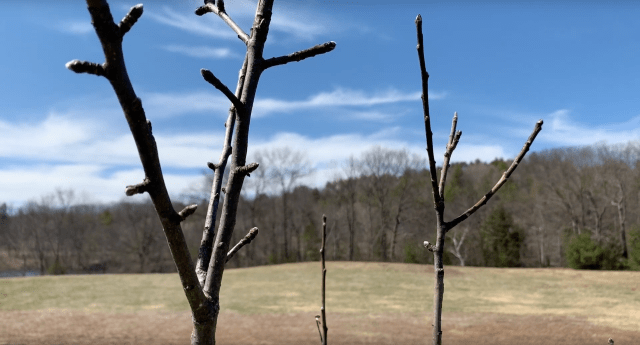“Everyone else is pulling all-nighters; I should be doing the same”… “I’ll take care of my mental health once I’m done this term”…. “Even though I’m exhausted, I must still be a part of this club, have a leadership role in that organization, go to as many events as possible, and be a near-perfect student, friend, performer…”. Sound familiar?
These are all common sentiments I hear from students and staff/faculty alike. We wear our lack of sleep and our stress like a badge of honor. Just think about how often we might hear someone, or ourselves, brag about “how little sleep I’ve had because of work”, “I’ve pulled three all-nighters this week” or state that “I’ve had no time for friends and social invites because there’s just too much to do”.
It’s as though we have the belief that if we are getting through a Dartmouth term without feeling on the verge of burnout, that we must be doing something wrong; that somehow success and importance are intrinsically tied with being over committed, over scheduled, and extremely exhausted.
We challenge you to question that notion, and that common narrative, with these simple action steps that can help transform the way you, and others, think about self-care:
- Celebrate and admire people that engage in balancing behaviors – if a friend prioritizes sleep and has a routine that is attractive to you, ask them what their secret is instead of shaming them inadvertently.
- Ask yourself honestly: Is the frantic and over committed way I live my life doing me any good? If the answer is, yes, keep doing what you are doing! If the answer is no, consider what is driving you to do all the things you are doing. See if there are any areas you can lessen your commitment to. Maybe it’s not taking on that leadership role in a club, or not running for an exec. position for your Greek house, or not taking that fourth class. Give yourself permission to do what is in the best interest of your happiness and wellbeing every once in a while.
- Ask others: Start changing the dialog by asking friends “How are you taking care of yourself today?” Start encouraging yourself and friends that pulling all-nighters is actually NOT the norm. Celebrate the days you have the time to schedule a wellness check-in, to go for a walk, or to watch some Netflix without the judgment or false thoughts that you are not doing enough.
- iRest to Refresh – Knowing that getting adequate sleep and feeling rested positively impacts our academic performance, see if you can commit to taking the time to rejuvenate and rest. Improve sleep habits and depression by signing up for the self-paced Refresh Canvas course. Or give yourself the gift of deep relaxation and sleep-like rest at our live, weekly iRest Yoga Nidra sessions.
Wishing you rest and wellbeing!
SWC Team



